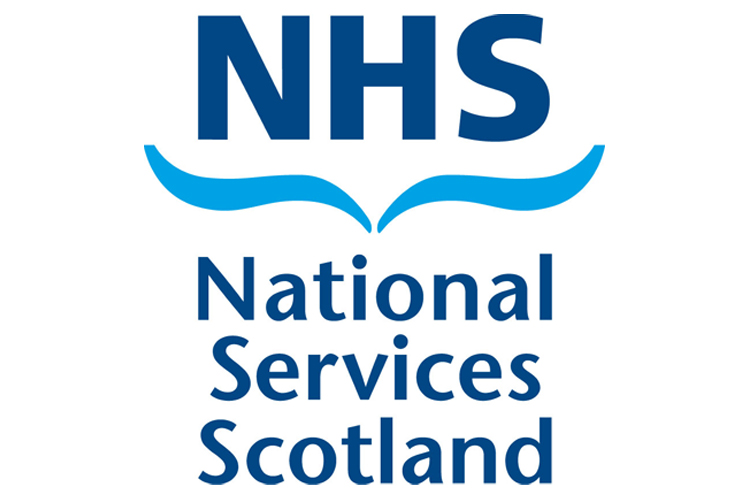ARHAI Scotland response to Royal College of Nursing report
The work of ARHAI Scotland (Antimicrobial Resistance and Healthcare Associated Infection) continues to be critical to our national COVID-19 response.
Published on 06 April 2021

The work of ARHAI Scotland (Antimicrobial Resistance and Healthcare Associated Infection) continues to be critical to our national COVID-19 response.
A recent report from the Royal College of Nursing (RCN) contained a number of statements in relation to the ARHAI Scotland Rapid Review of the literature: Assessing the infection prevention and control measures for the prevention and management of COVID-19 in healthcare settings; UK Infection Prevention and Control (IPC) COVID-19 Guidance and the National Infection Prevention and Control Manual (NIPCM) which we have carefully considered. We have identified a number of factual inaccuracies.
The RCN report is seriously flawed in its premise, as it incorrectly assumes the UK IPC guidance is based on this ARHAI rapid review. The RCN report did not reflect that the UK COVID-19 IPC Guidance is based on the UK IPC pandemic response guidance, agreed by NERVTAG, and is fully aligned with that of the World Health Organisation IPC guidance recommendations published to date. The Health and Safety Executive have approved the PPE section within UK IPC COVID-19 guidance.
The UK IPC cell draw on a broad evidence base to inform the development of this guidance, rapid reviews carried out by ARHAI Scotland are only one part of the evidence from the 4 UK country advice being reviewed by the UK IPC cell. A suite of evidence is considered by multi-disciplinary teams at national advisory groups, including epidemiologic data and international literature. This evidence is considered by the UK IPC cell, in addition to intelligence from all four countries.
The ARHAI Rapid Review of the literature has the purpose of determining if the infection prevention and control measures applied in Scotland are suitable for the prevention and management of COVID-19 in health and care settings and transparently reports the methods and limitations in the context of the pandemic. The UK IPC cell is fully aware of that in considering this as part of the evidence for UK guidance. It looks at emerging evidence prospectively and is updated monthly.
A wide consultation exercise across multi organisations and disciplines was undertaken in the development of the UK IPC COVID-19 guidance. ARHAI Scotland responded to the feedback received from stakeholders in Scotland during the last consultation of the UK IPC COVID-19 guidance, including that of Trade Unions and Staff Side Representatives, and developed Scottish COVID-19 Infection Prevention and Control Addendums to our NIPCM to reflect the services needs identified nationally in Scotland.
The Scottish Guidance addresses the issues raised in the recommendations of the RCN report with regard to ventilation and the wider hierarchy of controls and contains wider recommendations on FFP3 use using risk assessment for AGPs beyond red pathways. The issue of wider FFP3 use beyond this is under review currently.
The RCN report incorrectly asserts that Scotland’s NIPCM is based on a rapid review methodology. This is simply untrue. The NIPCM is based on a systematic review process which is well established, first published on 13 January 2012, by the Chief Nursing Officer (CNO (2012)1), and updated on 17 May 2012 (CNO(2012)01-update).
As we exit from the pandemic immediate IPC national response, the COVID-19 addendum in Scotland will be included in this established NIPCM process of systematic reviewing. We will continue work in collaboration with all stakeholders through the steering and consensus group governance structure; a process that has been robust throughout the development of the NIPCM in Scotland.
ARHAI Scotland continue to work closely with colleagues across NHS Scotland and beyond to ensure the most up-to-date evidence is available and reflected in policy and guidance to minimise transmission of COVID-19 within care settings.
